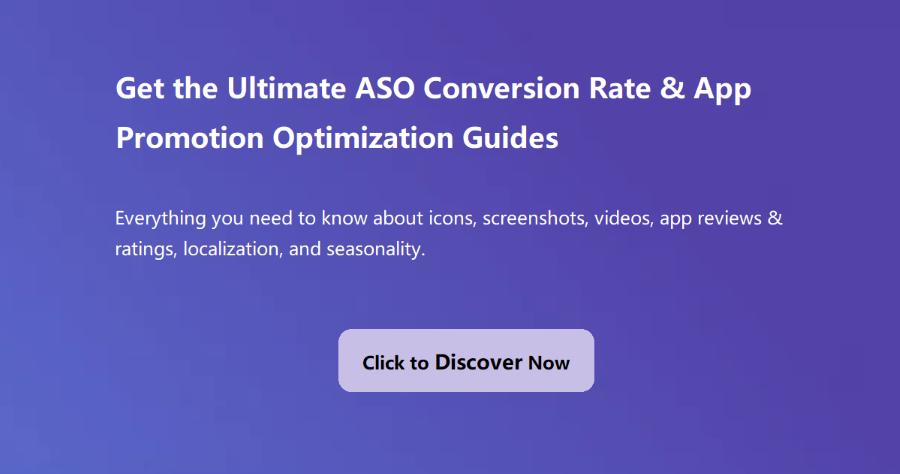What are brand keywords?
Brand keywords are any search terms that directly mention your app's name, variations of your name, or your company name. For example, if your app is called "FitLife," brand keywords might include "FitLife app," "download FitLife," or "[your company name] mobile app."
Why are brand keywords important?
Brand keywords are crucial because they target users who are already aware of your app. This could be due to past marketing efforts, positive word-of-mouth, or brand recognition. These users are more likely to convert (download or use your app) compared to those searching for generic keywords.
What are some variations of brand keywords I should consider?
Beyond your exact app name, consider these variations:
- Misspellings: People often mistype app names. Include common misspellings in your keyword targeting. (e.g., "FitLiffe" or "FitLifee")
- Location-specific searches: If your app has regional relevance, include city or country names. (e.g., "FitLife app NYC")
- Phrases with brand + action: Target searches where users indicate intent to download or use your app. (e.g., "download FitLife app," "get FitLife free")
- Brand + device type: Consider including the device type if your app is platform-specific. (e.g., "FitLife app for Android")
- Brand + competitor comparisons: Some users research brand comparisons. Target terms like "[Your Brand] vs. competitor app." (Use ethically!)
How should I optimize for brand keywords?
- Claim Your App Store Listing:Ensure your app's name, description, and keywords prominently feature your brand name and variations.
- Run Brand Keyword Campaigns: Consider paid search ads targeting brand keywords to appear at the top of search results.
- Encourage Reviews and Mentions:Positive app store reviews and online mentions mentioning your brand name can boost your ranking for brand keywords organically.
- Monitor Brand Mentions:Track online conversations about your brand. Respond to positive mentions and address any negative feedback promptly.
How can I run effective brand keyword campaigns?
- Set Up Conversion Tracking: Track user actions like downloads or in-app purchases to measure campaign effectiveness.
- Use Ad Extensions:Enhance your brand keyword ads with sitelink extensions that lead users directly to specific app store pages or relevant sections within your app.
- Target Audience Refinement:Consider layering on additional demographics or interests to further refine your target audience beyond just brand awareness.
- Negative Keyword Targeting:Identify irrelevant search terms (e.g., "FitLife jobs") and exclude them from your campaign to avoid wasted ad spend.
How to track the performance of your brand keyword strategy?
1. App Store Analytics
- Downloads:Most app stores provide data on how many downloads come from searches containing your brand keywords. This allows you to directly measure the impact of your brand keyword efforts on user acquisition.
- Search Visibility:Some app stores offer insights into how often your app appears in search results for various keywords, including brand keywords. This helps you understand how well your brand name is ranking organically.
2. Web Analytics Tools
- Traffic Sources:Integrate analytics tools like Google Analytics with your app store listing. This allows you to track how many users visit your app store page from searches that include your brand keywords.
- Conversion Rates:Analyze conversion rates (percentage of visitors who download the app) for traffic coming from brand keyword searches. This helps you gauge the effectiveness of your brand keyword campaigns in converting users.
3. Paid Search Platforms
- Campaign Performance: If you run paid search campaigns targeting brand keywords, analyze the performance metrics provided by the platform (e.g., Google Ads, Apple Search Ads). This includes clicks, impressions, and conversions to measure the ROI of your brand keyword spend.
- Keyword Performance: Track the performance of individual brand keywords within your campaigns. This helps you identify which variations and phrases are driving the most downloads or in-app actions.
4. Social Listening Tools
- Brand Mentions:Use social listening tools to track online mentions of your brand name. This provides insights into user sentiment, brand awareness, and potential areas for improvement. You can then use this information to refine your brand messaging and encourage positive brand advocacy.
5. App Review Analytics
- Review Volume and Sentiment: Monitor the volume and sentiment of app reviews to see if your brand keyword efforts are impacting user perception. Analyze if positive reviews mention brand awareness or specific features promoted in your brand keyword campaigns.
By combining data from these various sources, you can get a comprehensive picture of how your brand keyword strategy is performing. This allows you to optimize your approach, refine your targeting, and maximize the impact of your brand name in attracting new users and building a loyal app user base.






